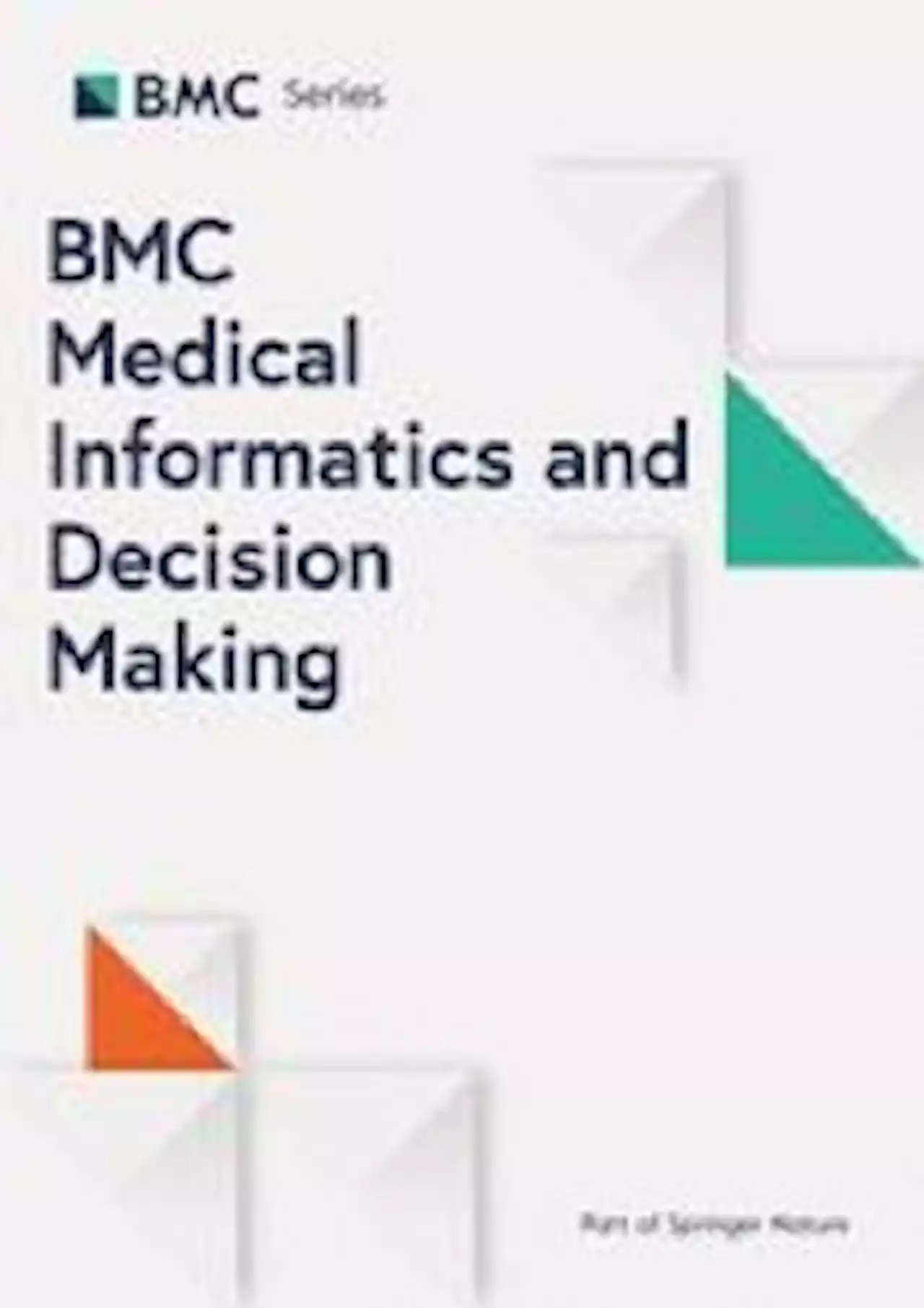“I was visible and invisible at the same time,” Rocero says of launching her modelling career before coming out publicly as trans.
I think in 2015, when I started a production company called Gender Proud. That’s when I started thinking,and that was the beginning of the idea to write a book. Since 2015, I’ve just been collecting stories, whether on a notepad or in my Notes app; whenever there’s a story that I know will be a pivotal moment in my life, I write it down. I also started reading a lot of memoirs, and just before the pandemic, my team was like, “It’s time to write a book.
I was so fascinated by the parts of your book that discuss working in the fashion industry as a model before publicly coming out as trans. How does it feel to be looking back on that journey now? When it comes to the modelling part, when I was first sitting down and writing the book, the first thing I asked myself was,I decided to tackle the most difficult and complicated of many triggering moments in my life, which is the time when I was modelling and living this dual reality and having to calculate everything that I was saying, because, you know, I chose a career that is all about being visible and front-and-centre.
How does it feel to be releasing this memoir as things are getting exponentially harder for so many queer and trans people? In 2014, when I did my TED Talk, I was part of that wave of that mainstream visibility of trans people; in June of that year, the Laverne Coxmagazine came out. Hopefully, we now know that visibility is part of claiming justice in society, but it’s not thepart; that notion that you just have to be visible and come out and things will be fine doesn’t always apply to trans people.
United Kingdom Latest News, United Kingdom Headlines
Similar News:You can also read news stories similar to this one that we have collected from other news sources.
 US court hearing challenge over Harry's visa after drug use revelationsPrince Harry is at the centre of another court case - this time in the US, where the government is being challenged over its decision to grant him a visa despite his admissions of illegal drug use.
US court hearing challenge over Harry's visa after drug use revelationsPrince Harry is at the centre of another court case - this time in the US, where the government is being challenged over its decision to grant him a visa despite his admissions of illegal drug use.
Read more »
 Personalized hypertension treatment recommendations by a data-driven model - BMC Medical Informatics and Decision MakingBackground Hypertension is a prevalent cardiovascular disease with severe longer-term implications. Conventional management based on clinical guidelines does not facilitate personalized treatment that accounts for a richer set of patient characteristics. Methods Records from 1/1/2012 to 1/1/2020 at the Boston Medical Center were used, selecting patients with either a hypertension diagnosis or meeting diagnostic criteria (≥ 130 mmHg systolic or ≥ 90 mmHg diastolic, n = 42,752). Models were developed to recommend a class of antihypertensive medications for each patient based on their characteristics. Regression immunized against outliers was combined with a nearest neighbor approach to associate with each patient an affinity group of other patients. This group was then used to make predictions of future Systolic Blood Pressure (SBP) under each prescription type. For each patient, we leveraged these predictions to select the class of medication that minimized their future predicted SBP. Results The proposed model, built with a distributionally robust learning procedure, leads to a reduction of 14.28 mmHg in SBP, on average. This reduction is 70.30% larger than the reduction achieved by the standard-of-care and 7.08% better than the corresponding reduction achieved by the 2nd best model which uses ordinary least squares regression. All derived models outperform following the previous prescription or the current ground truth prescription in the record. We randomly sampled and manually reviewed 350 patient records; 87.71% of these model-generated prescription recommendations passed a sanity check by clinicians. Conclusion Our data-driven approach for personalized hypertension treatment yielded significant improvement compared to the standard-of-care. The model implied potential benefits of computationally deprescribing and can support situations with clinical equipoise.
Personalized hypertension treatment recommendations by a data-driven model - BMC Medical Informatics and Decision MakingBackground Hypertension is a prevalent cardiovascular disease with severe longer-term implications. Conventional management based on clinical guidelines does not facilitate personalized treatment that accounts for a richer set of patient characteristics. Methods Records from 1/1/2012 to 1/1/2020 at the Boston Medical Center were used, selecting patients with either a hypertension diagnosis or meeting diagnostic criteria (≥ 130 mmHg systolic or ≥ 90 mmHg diastolic, n = 42,752). Models were developed to recommend a class of antihypertensive medications for each patient based on their characteristics. Regression immunized against outliers was combined with a nearest neighbor approach to associate with each patient an affinity group of other patients. This group was then used to make predictions of future Systolic Blood Pressure (SBP) under each prescription type. For each patient, we leveraged these predictions to select the class of medication that minimized their future predicted SBP. Results The proposed model, built with a distributionally robust learning procedure, leads to a reduction of 14.28 mmHg in SBP, on average. This reduction is 70.30% larger than the reduction achieved by the standard-of-care and 7.08% better than the corresponding reduction achieved by the 2nd best model which uses ordinary least squares regression. All derived models outperform following the previous prescription or the current ground truth prescription in the record. We randomly sampled and manually reviewed 350 patient records; 87.71% of these model-generated prescription recommendations passed a sanity check by clinicians. Conclusion Our data-driven approach for personalized hypertension treatment yielded significant improvement compared to the standard-of-care. The model implied potential benefits of computationally deprescribing and can support situations with clinical equipoise.
Read more »
The crisis in Sudan calls for a new model of humanitarian aid\n\t\t\tLet our global subject matter experts broaden your perspective with timely insights and opinions you\n\t\t\tcan’t find anywhere else.\n\t\t
Read more »
